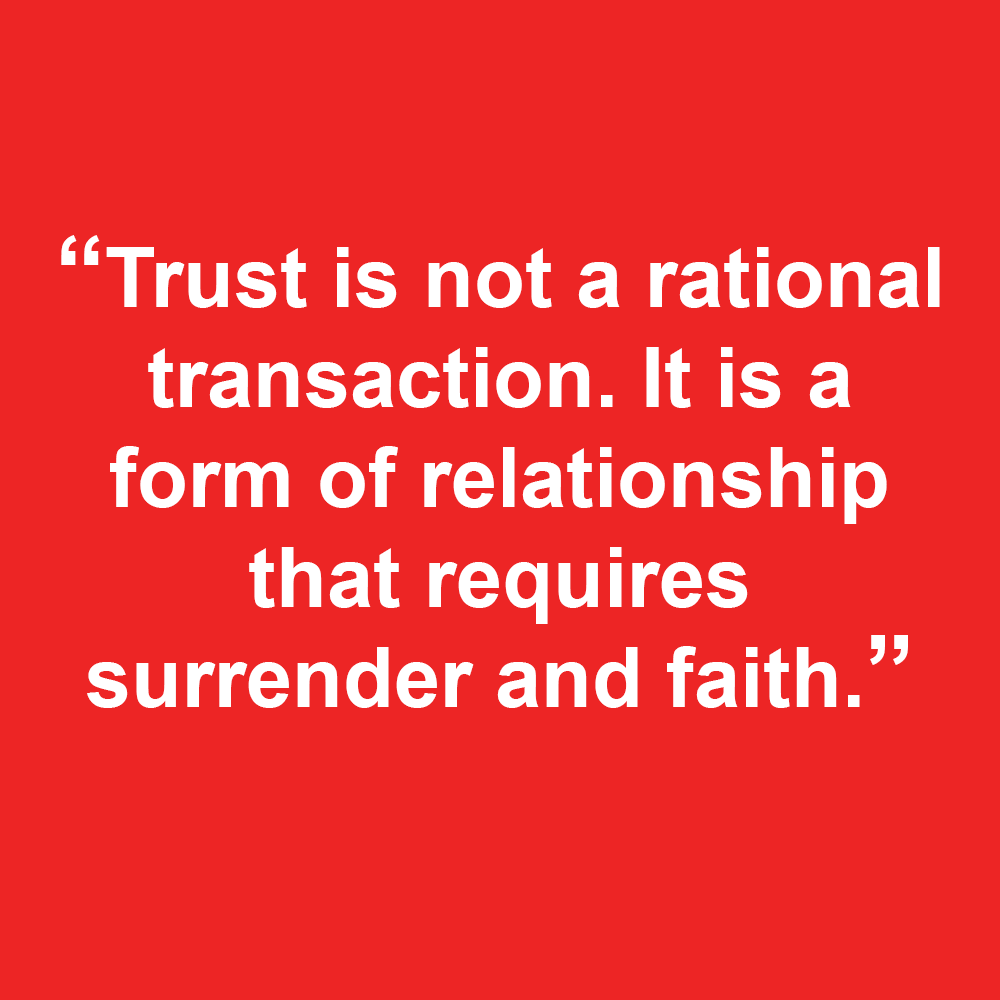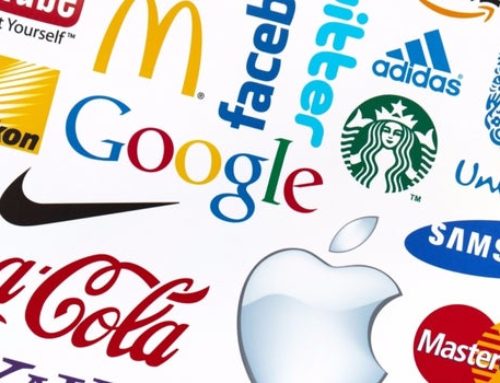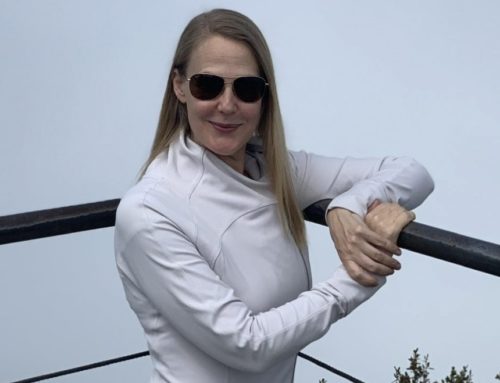The 2021 Global Trust Barometer was released by Edelman this week revealing unexpected findings on the state of trust in America.
“Trust thyself: every heart vibrates to that iron string.”
– Ralph Waldo Emerson
Edelman recently released its annual Global Trust Barometer which shows that trust is in short supply – not a surprise given the infodemic underway. After a year of unprecedented social turbulence including the Covid-19 pandemic, economic crisis, outcry over systemic racism and political chaos, the report reveals an epidemic of misinformation and widespread mistrust of societal institutions and leaders around the world. In addition, it cites a “failing trust ecosystem unable to confront the rampant infodemic” which has left business, government, NGOs and the media in an environment of trust bankruptcy with a mandate to rebuild trust moving forward.
Interestingly, trust in “my employer” has never been higher at 76% and trust in information from “my employer” (61%) exceeds that of national government and media sources. Who would have thought that you could trust the Boss that much. Clearly, we are in uncharted territory. Maybe, people feel that businesses are held to a higher level of accountability as their customers, employees and investors expect/demand honest, thoughtful, considerate sharing of information and the consequences of not doing so can destroy a business.

It is disappointing to learn that a majority of the public sees leaders in government (57%), business (56%) and journalists (59%) as intentionally misleading people on occasion, saying things they know to be false or grossly exaggerated. This has created an infodemic where people are making decisions and taking actions based on misinformation which undermines positive change. For example, only 60% of Americans say they are willing to vaccinate for COVID-19 and only 1 in 3 say they’re ready to take the vaccine as soon as possible.
Ultimately, this suggests that people are afraid and don’t know who to trust. Facts are mixed with opinion and the unrelenting rhetoric is confusing, contradictory and leads to a deafening of reason. The RAND Corporation has published deeply on the causes and outcomes of this new world of truth decay, and has also published solutions to combat it.
Brands are Making a Difference
The report recommends that moving forward companies need to “lead with facts and act with empathy” as facts alone are just not enough. People need to make an emotional connection with the facts. They need someone to put life into the facts, meaning, purpose and value. Why? Because the world is too complex for people to understand and trusted guidance is needed – leadership – to understand how to best process and act. But, mixing those facts with opinions that have an agenda is where the trust breaks. Interpretation of the facts must have a clear POV and that’s where brands come in.
Brands still carry a lot of trust. These cultural icons are easy to understand, consistent, familiar, accountable and make people feel. Brands are not cold and are not out to get you. And, they often work hard to make people feel good and inspire positive actions. I think people feel that brands are committed to their welfare and a better world. The sheer longevity of relationship and social ubiquity has given a lot of brands strong trust. During 2020, we saw big brands stepping up and stepping in, leveraging their relationship equity to make a difference. Although for decades brands insisted on remaining on the sidelines and sidestepping social and political issues, deeming it a high business risk, the social calling was too great. When brands speak, people listen, and people were crying out for guidance. In answering, brands delivered on their trust and gained equity in being responsive even if the position was controversial e.g. Nike. Per the Edelman study, people are expecting businesses, CEO’s and brands to guide them in our volatile, uncertain, complex and ambiguous world.
Brands Create Trust, Marketing Does Not
One reason why companies may be considered more trustworthy is that they have brands operating on their behalf, and brands are designed to forge trust through making an emotional connection. Political institutions tend to focus on issues and policy not on enchanting ideas that build trust. NGO’s are often focused on fundraising and marketing their cause over building their brand. The media is focused on expressing truth as they see it, but that is not a brand. By efficiently focusing efforts on provoking specific behaviors with marketing versus relationship building with a brand, these institutions have failed to invest in the vital soft side of business. By giving the loving currency of a valued brand to the world, companies contribute to the culture at large and engender the affinity that is required to build trust.
It is my hope that this study is a wake-up call for organizations to step back and embrace that people, despite best efforts at being rational, are emotional, intuitive beings. This is why brands are needed more than ever. People in this crazy world need an emotional connection that validates instinct and intuition. The rise in distrust is a sign of protection and disappointment. People are protecting themselves, because they feel their interests are at risk of being compromised. Trust is not a rational transaction. It is a form of relationship that requires surrender and faith. Brands, through the power of concept and art, build that covenant. By design, brands are built to meet people where they are, with deep empathy, and stand beside them on what matters most. If you want to build trust across all the diverse publics that matter in this disruptive world, I don’t know how you can do it without a powerful brand for people to grab onto.
FACT FOR THOUGHT
1 Billion, 88%
Over 1 billion people use Instagram every month making Instagram the second-ranked traditional social network in terms of active users, behind Facebook. 88% of users are outside the U.S.
– Hootsuite
Enjoying Overhead Space? There’s More to Love.
Subscribe to Overhead Space to receive mind-expanding content that helps you connect the dots in new ways.




